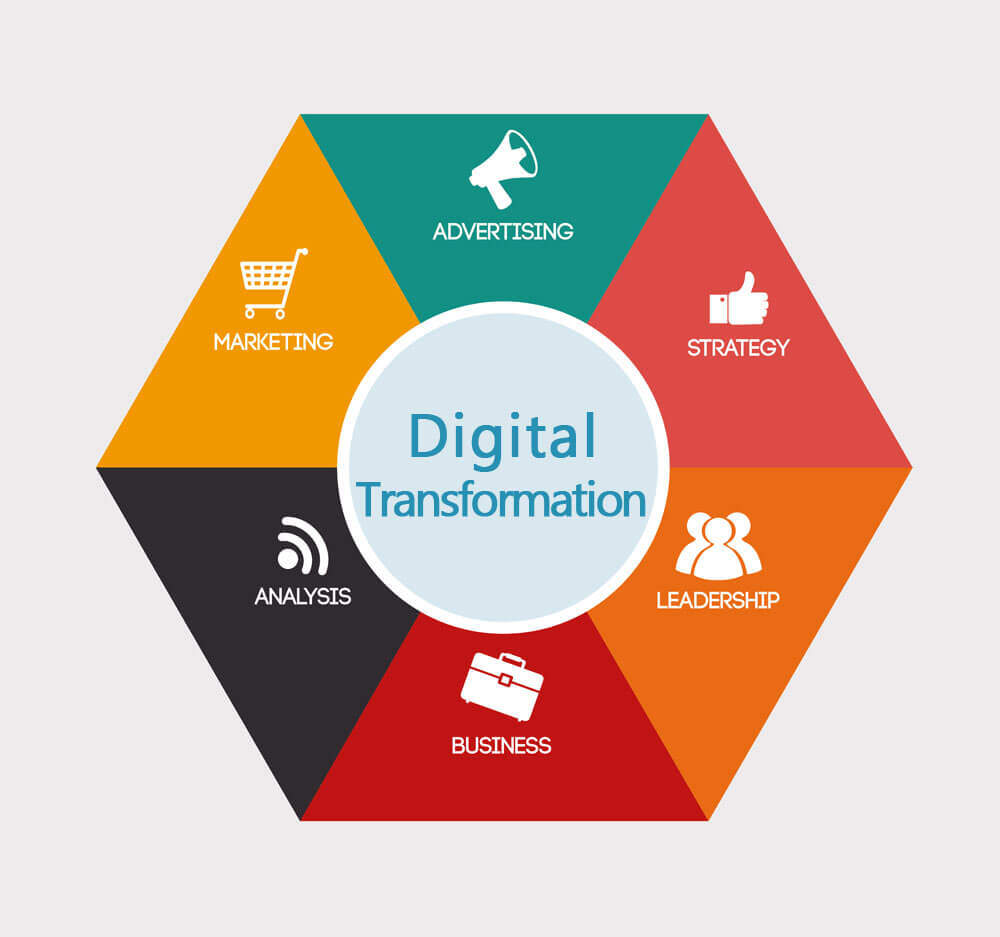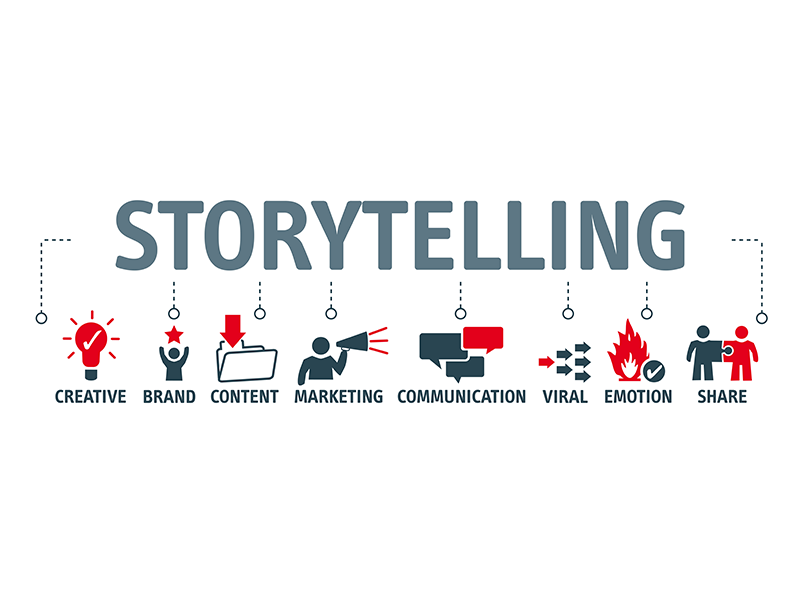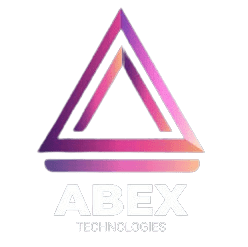Revolutionizing Marketing in the Digital Age
In the rapidly evolving landscape of the digital age, traditional marketing methods are no longer sufficient to meet the demands of today’s consumers. With the widespread adoption of digital technologies and the shift towards online platforms, businesses must revolutionize their marketing strategies to remain competitive and relevant in the digital marketplace.
The Digital Transformation of Marketing
The digital age has brought about a fundamental transformation in the way businesses approach marketing. Traditional marketing channels such as print ads, television commercials, and billboards are being replaced by digital platforms that offer greater reach, targeting capabilities, and measurement tools. This shift has necessitated a reevaluation of marketing strategies and a greater emphasis on digital channels to engage with consumers effectively.

Harnessing the Power of Data
One of the key advantages of digital marketing is the abundance of data available to marketers. Through advanced analytics tools and tracking technologies, businesses can gather valuable insights into consumer behavior, preferences, and trends. This data-driven approach enables marketers to make informed decisions, optimize their marketing campaigns in real-time, and deliver personalized experiences that resonate with their target audience.

Personalization and Customization
In the digital age, consumers expect personalized experiences from the brands they interact with. Revolutionizing marketing involves leveraging data and technology to tailor marketing messages and offerings to individual preferences and interests. By segmenting their audience and delivering relevant content at the right time and through the right channels, businesses can create more meaningful connections with consumers and drive engagement and loyalty.

Content Marketing and Storytelling
Content marketing has emerged as a powerful strategy for brands to engage with their audience in the digital age. By creating valuable, informative, and entertaining content, businesses can establish themselves as thought leaders in their industry, build trust with consumers, and drive brand awareness and loyalty. Storytelling, in particular, has become a key component of content marketing, allowing brands to communicate their brand values and identity in a compelling and authentic way.

The Rise of Social Media
Social media has become an integral part of the digital marketing landscape, offering businesses unprecedented opportunities to connect with consumers on a personal level. With billions of users worldwide, platforms such as Facebook, Instagram, and Twitter provide businesses with powerful tools to engage with their audience, build brand awareness, and drive sales. Influencer marketing, in particular, has gained traction as brands collaborate with social media influencers to promote their products and services to a highly engaged audience.

Adapting to the Digital Age
In conclusion, the digital age has revolutionized the way businesses approach marketing, presenting both challenges and opportunities for brands to connect with their audience effectively. By embracing digital channels, harnessing the power of data, personalizing marketing efforts, investing in content marketing and storytelling, and leveraging the reach of social media, businesses can revolutionize their marketing strategies and drive success in the digital age. As technology continues to evolve and consumer behaviors shift, the key to success lies in staying agile, innovative, and customer-centric in the ever-changing digital landscape.






